Putin is facing an unprecedented armed rebellion led by Russia's Wagner Group leader. These are the 7 key players in the crisis.

- Oops!Something went wrong.Please try again later.
- Oops!Something went wrong.Please try again later.
- Oops!Something went wrong.Please try again later.
- Oops!Something went wrong.Please try again later.
Vladimir Putin is facing an unprecedented armed rebellion from Russia's Wagner Group leader.
Russia's war in Ukraine has led to infighting among several of the country's key players.
These are the seven people you need to know.
Russian President Vladimir Putin is facing an unprecedented armed rebellion from Russia's Wagner Group leader Yevgeny Prigozhin, his former close ally.
Fighters from the mercenary group entered Russian from occupied Ukraine on Saturday and claimed to take control of several military sites.
The Russian president called the apparent mutiny a "betrayal" and vowed Russia would defend itself and mutineers would be punished.
The events are a dramatic escalation in an ongoing feud between Prigozhin, the leader of the mercenary Wagner Group, and Russian military leadership.
The war in Ukraine has also exposed complex relationships and jostling rivalries between some of Russia's key players, which include army generals, politicians, and warlords.
This is everything you need to know about the most influential people of Putin's inner circle.
Vladimir Putin
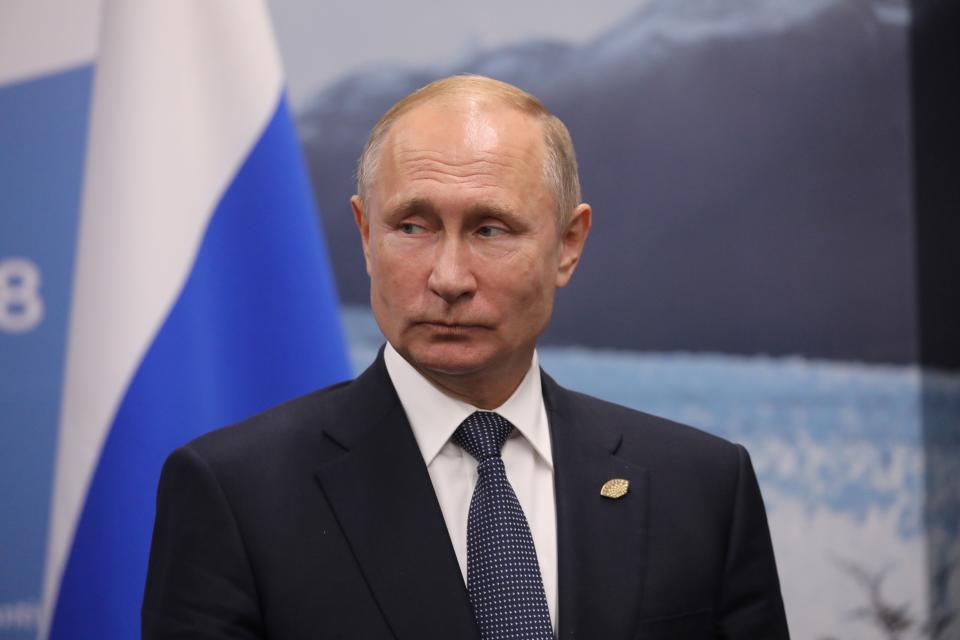
At the helm of the war in Ukraine is, of course, Russia's President Vladimir Putin.
A former KGB agent, Putin has served as either president or prime minister of Russia since 1999.
During this time, he has consolidated his all-powerful position by crushing any political opposition, restricting the media, and centralizing power.
Putin's forces began the war when they invaded Ukraine on February 24, 2022, under the baseless pretext that Russia's neighbor needed to be "demilitarized and de-Nazified."
While all-out war broke out last year, the conflict technically began in 2014 when Russia annexed the Ukrainian peninsula of Crimea.
Reports have suggested that the Russian leader has become increasingly isolated and lives in an information vacuum surrounded by a tight inner circle of yes-men.
Military analysts speculate that as long as he is in power, Putin will not give up his goal of taking over Ukraine. And it is unlikely that he will relinquish control in Russia anytime soon.
Yevgeny Prigozhin
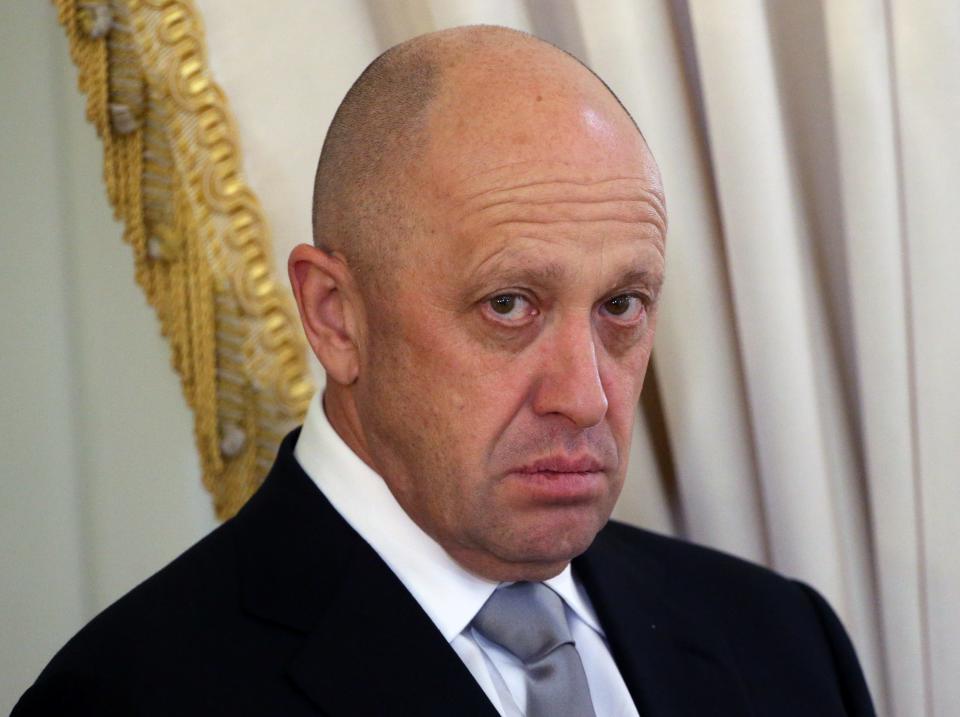
Yevgeny Prigozhin, a Russian tycoon with ties to Putin, has risen as a key player in the conflict because of his role as founder of the mercenary Wagner Group.
His relationship with Putin began after he set up a catering business in the 1990s that received lucrative government contracts, earning him the nickname "Putin's chef."
He only admitted to being the founder of Wagner in September of last year. Prior to the war in Ukraine, it had been widely seen as a de-facto private military service for the Kremlin.
Prigozhin notoriously recruited convicts to join the fight in Ukraine, and the controversial paramilitary group has played a key role in the fighting, particularly around the highly-contested city of Bakhmut.
In recent months, the firebrand Wagner chief has become embroiled in a public feud with Russia's top officials, particularly Defence Minister Sergei Shoigu and top General Valery Gerasimov.
He has criticized them by name for not supporting his fighters with what he believed to be the required amount of weaponry and kicked up a fuss over who should take credit for Russian war victories.
He has also spoken scathingly about Russia's elite for protecting their children from being drafted into the war — and he even made a rare dig at Putin.
The feud took a significant turn on June 24, when scores of Wagner fighters left occupied Ukraine to enter southern Russia and claimed to take control of military sites in what appeared to be an armed mutiny.
Prigozhin has long been a close ally of Putin, but his rising influence and increased vitriol toward Russian leadership appear to have led the president to distance himself.
The feud has also led to speculation that Prigozhin could have political ambitions of his own, which he has denied.
Sergei Shoigu
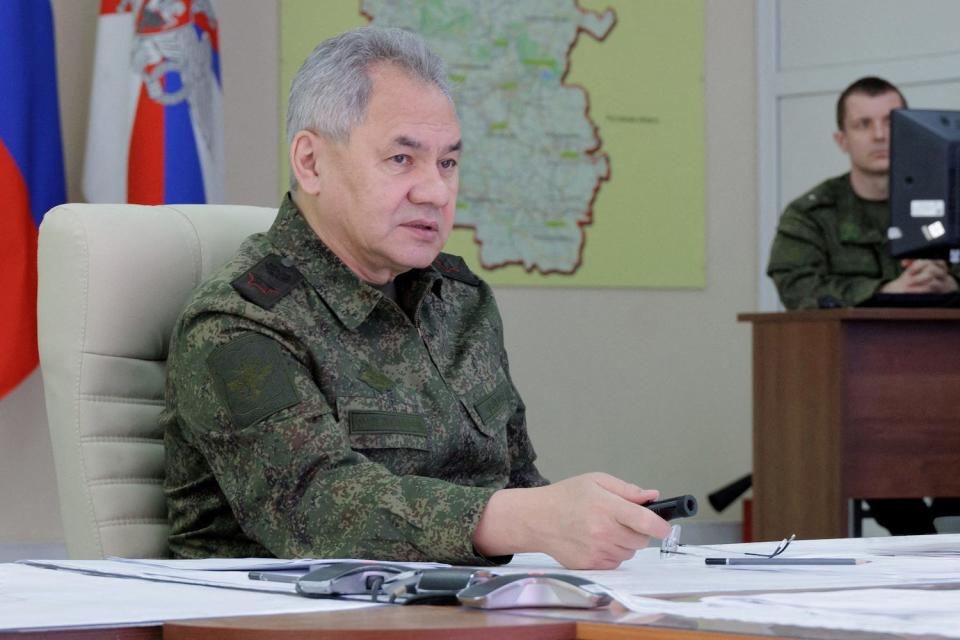
Russia's Minister of Defense Sergei Shoigu is known as Putin's right-hand man and one of his most loyal henchmen.
There was a time when Shoigu, who has been defense minister since 2012, was a popular public figure in Russia and even touted as Putin's potential successor.
He was also known for his cozy hunting and fishing trips with the president to Siberia.
However, his position appears to have weakened since the invasion of Ukraine began — which he had played a key role in planning and is now overseeing.
Russia's failures in Ukraine might have undermined his decades-long ascent to the top rungs of power and have led to claims of a rift between him and Putin.
There have been constant rumors that Shoigu will be ousted, but he has held onto his post so far.
If Russia fails in Ukraine, experts say Shoigu and Russia's military leadership would become the scapegoats.
In an ongoing power struggle, Wagner chief Yevgeny Prigozhin has repeatedly attacked Shoigu and Russia's military establishment.
Shoigu oversaw the invasion and annexation of Crimea in 2014 and also played a crucial role in Russia's intervention in Syria in 2015.
Sergei Surovikin
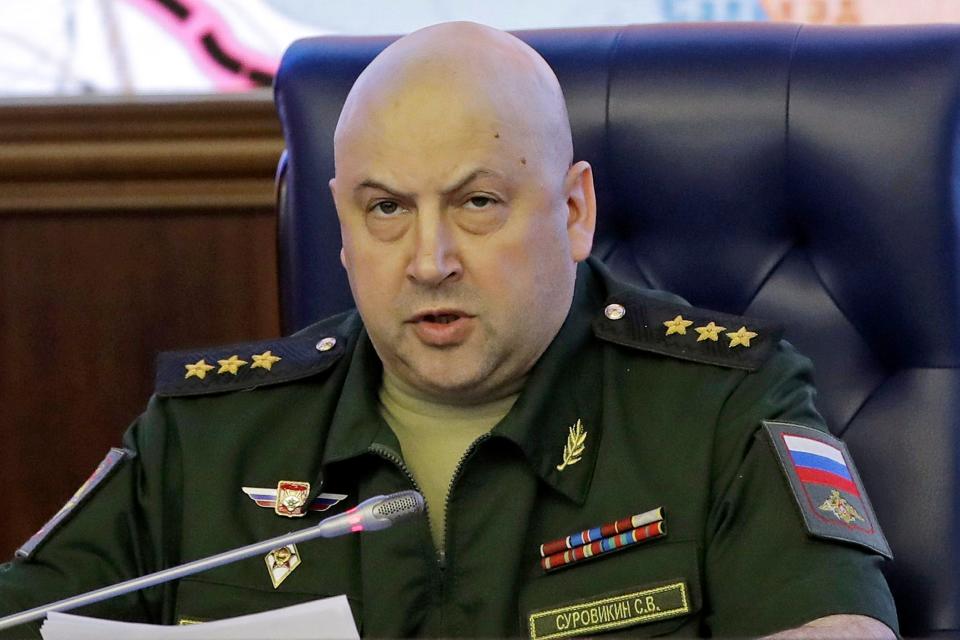
Sergei Surovikin was appointed to oversee the war in Ukraine in October, arriving with the reputation of being a ruthless general accused of targeting civilian infrastructure in Syria.
Nicknamed "General Armageddon," Surovikin was supposed to turn the tide in the war but lasted just three months in the role.
During his short tenure, he oversaw the aerial bombardment of critical infrastructure in Ukraine, as well as Russia's forced retreat from the city of Kherson, which it had occupied in the early months of the war.
In January, he was demoted to serve as one of three deputies to his successor Gen. Valery Gerasimov.
Some experts noted that Surovikin's demotion was likely a political move rather than a punishment for failure.
Putting Gerasimov in charge could have been a move from Putin to increase the Russian army's authority amid an ongoing power struggle with Wagner chief Prigozhin.
The outspoken Wagner leader often praised Surovikin while criticizing Gerasimov and Shoigu.
Gen. Valery Gerasimov
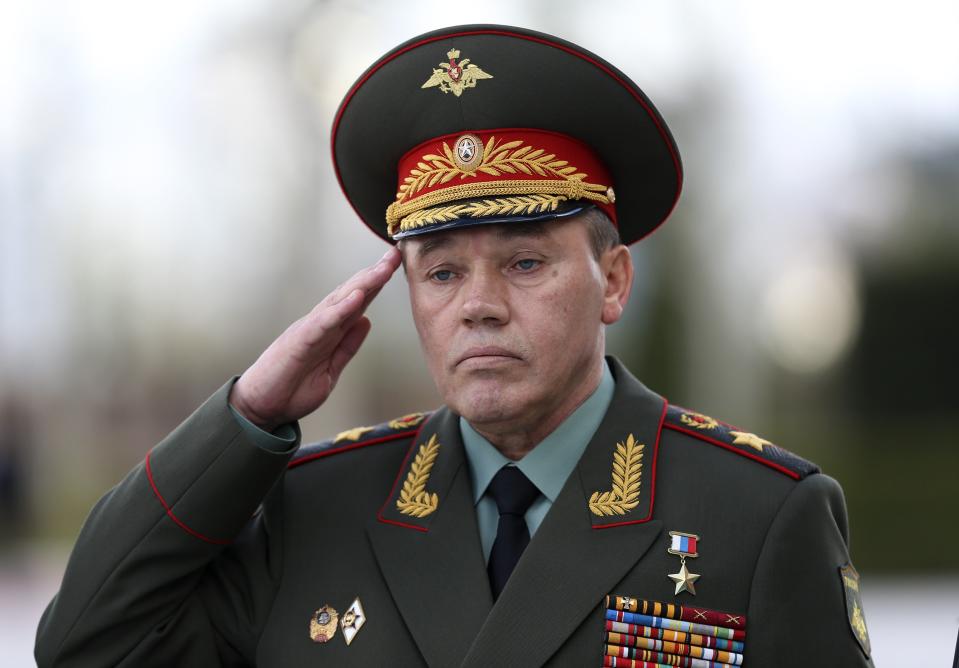
Russia appointed Gen. Valery Gerasimov, Russia's top general, to oversee the war in Ukraine in January.
He and Shoigu are widely seen as being two of Putin's most loyal followers.
Gerasimov replaced ruthless general Sergei Surovikin, inheriting what several experts described as a "poisoned chalice" following repeated Russian humiliations on the battlefield.
Gerasimov had been a key architect of the invasion of Ukraine, along with Shoigu, but appeared to have remained at arm's length during the early part of the war.
When the formidable Russian army failed to easily crush Ukraine, as it had been expected to, Gerasimov was personally blamed by many of Russia's nationalist war bloggers.
Now, he could be first in the firing line if Russia fails.
It was also a move that fits in the Kremlin's playbook to delegate responsibility and protect Putin from blame, experts say.
Gerasimov, who has served as head of the Russian army since 2012, played key roles in Russia's campaign in Syria and its annexation of Crimea.
Sergey Lavrov
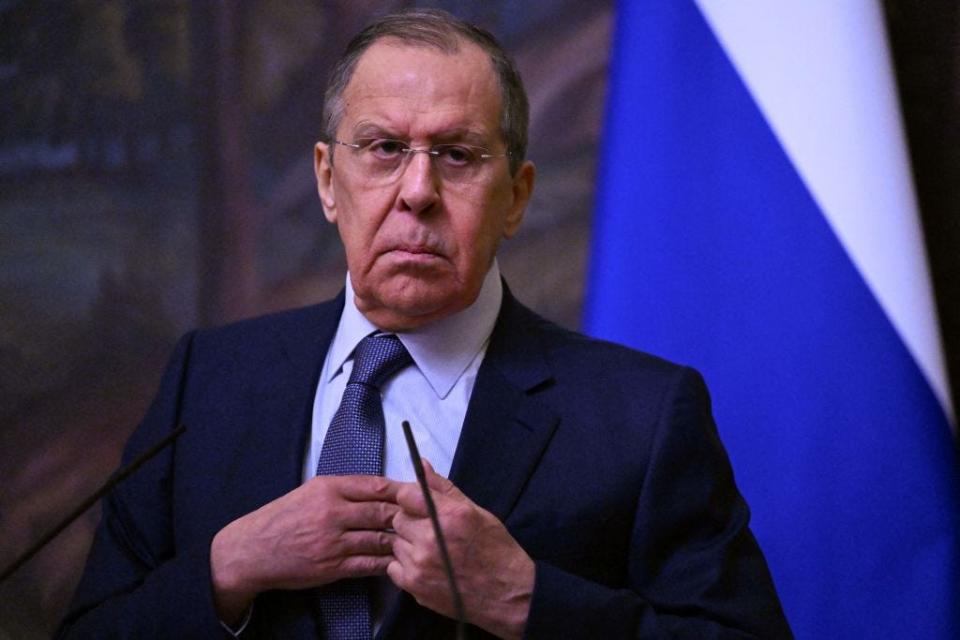
Foreign Minister Sergey Lavrov, Russia's top diplomat, is often described as the Kremlin's mouthpiece.
He is considered to be an experienced and skilled diplomat, having joined the foreign ministry over 50 years ago and working through the Cold War and the collapse of the Soviet Union.
However, his credibility has suffered in recent years as he has been tasked with defending some of Russia's increasingly hawkish and controversial actions.
Despite his long tenure, Lavrov is not a part of Putin's inner circle and has reportedly largely been sidelined from decisions regarding Ukraine — despite continuing to be forced to defend the invasion.
Ramzan Kadyrov
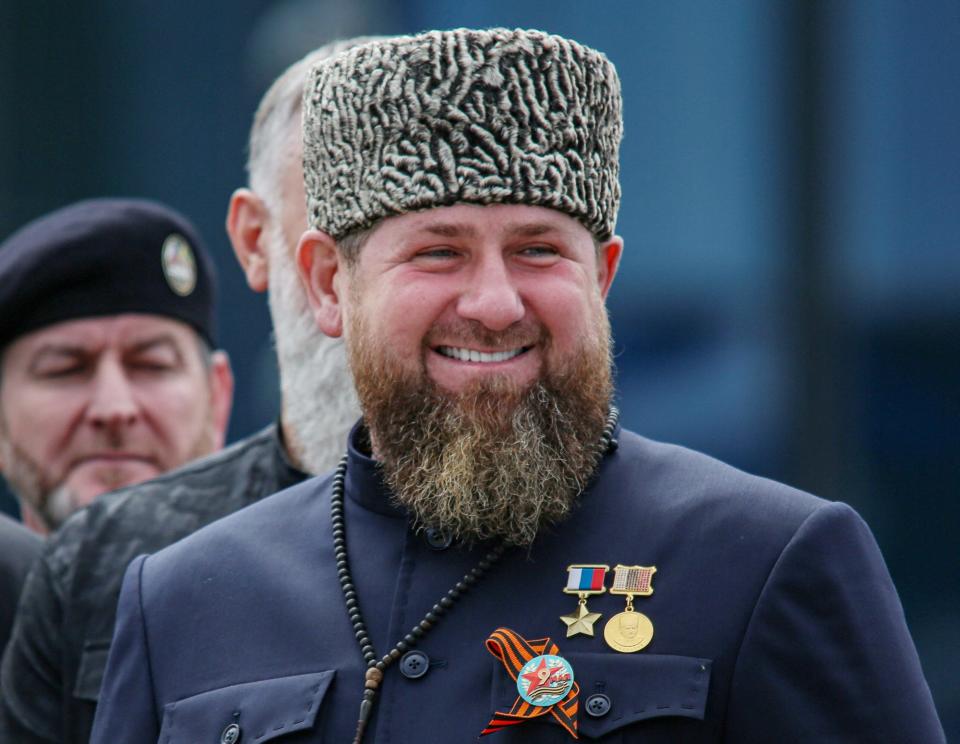
Warlord Ramzan Kadyrov is the president of the Chechen Republic and is known for his unswerving loyalty to the Russian president.
Nicknamed "Putin's attack dog," Kadyrov has sent thousands of Chechen soldiers to help support Putin's invasion of Ukraine.
Their impact on the battlefield is unclear, with observers saying their role appears to be more of a public relations exercise that suits both Kadyrov and the Kremlin.
Kadyrov started out as a Chechen rebel, but eventually switched sides and fought with the Russians in a war that helped boost Putin to the presidency.
In return, the Kremlin has helped Kadyrov maintain power in Chechnya and has reportedly turned a blind eye to human rights violations in the area, human rights groups say.
Kadyrov has also openly feuded with Wagner chief Prigozhin. While the pair hold similar positions — commanding troops but not having a formal military position — they have disparaged one another in the ongoing jostle for power.
Read the original article on Business Insider

